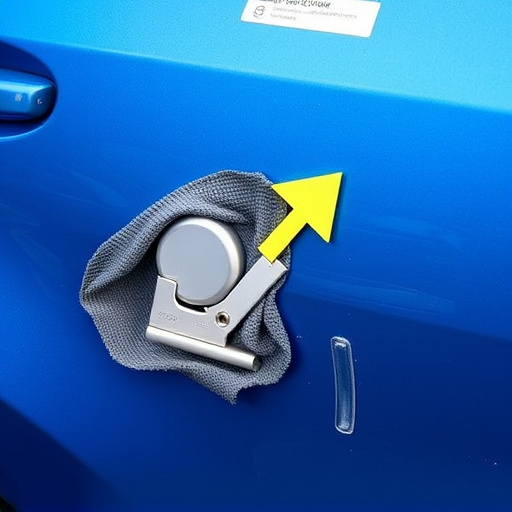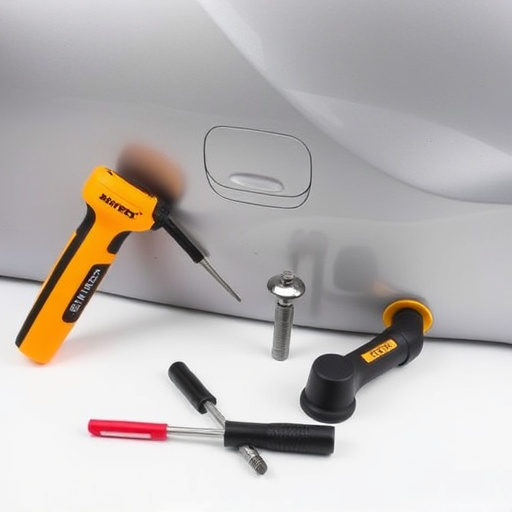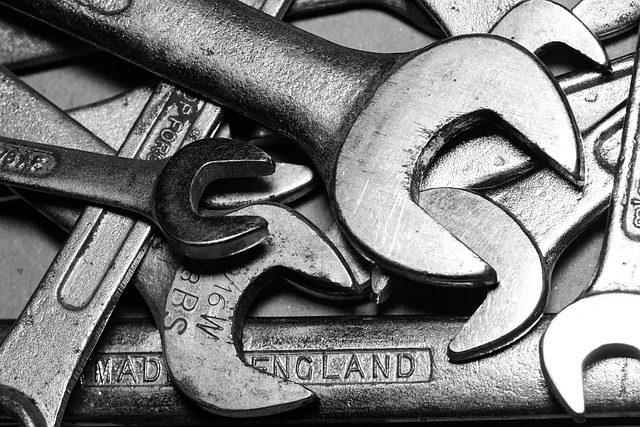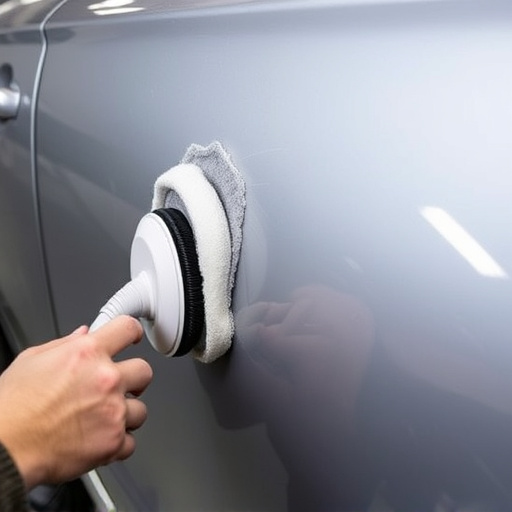Understanding insurance policy language is key to navigating negotiations with insurers. By familiarizing yourself with terms like "damage," "repair," and "restoration", you can better discuss claims, coverage, deductibles, and settlements for dent repairs or vehicle collisions. Insurers use data-driven analysis to assess repair costs, offering fair compensation while managing expenses. Building trust and clear communication with insurance companies improves outcomes, especially for complex collision repairs, ensuring streamlined processes and better client compensation.
Mastering advanced negotiation techniques can significantly enhance your interactions with insurance companies. This guide delves into crucial strategies, including deciphering policy language, leveraging data-driven insights, and cultivating strong relationships. By understanding your policy intricately and armed with relevant statistics, you can navigate conversations more effectively. Moreover, building trust with insurers opens doors to better outcomes, ensuring you receive fair compensation for claims. Explore these tactics to sharpen your negotiation skills in the realm of insurance company negotiations.
- Understanding Your Insurance Policy Language
- Leveraging Data and Statistics in Negotiations
- Building Strong Relationships for Better Outcomes
Understanding Your Insurance Policy Language

Understanding your insurance policy language is a crucial step before engaging in any negotiation with an insurance company. Insurance policies are filled with legal terms and conditions that can be complex, so take time to familiarize yourself with them. This knowledge will empower you during discussions about claims, coverage, deductibles, and settlement offers. By understanding what your policy entails, especially regarding procedures for filing claims after accidents like vehicle collisions or dent repairs, you’ll be better equipped to navigate negotiations.
When dealing with insurance company negotiations, knowing how your policy defines “damage,” “repair,” and “restoration” is essential. For instance, some policies might differentiate between cosmetic fixes and structural repairs, which can impact settlement offers. Being aware of these nuances allows you to present your case more effectively when advocating for fair compensation for necessary dent repair or vehicle collision repair work.
Leveraging Data and Statistics in Negotiations

Insurers often possess a wealth of data and statistics related to claims, damages, and repair costs for common incidents like car accidents or minor scratches. Leveraging this knowledge can give negotiators an edge during discussions with policyholders. By understanding historical trends and averages, insurers can more accurately assess the value of repairs, ensuring fair compensation for clients while controlling costs. For instance, when negotiating the settlement for a collision repair service, referencing data on similar cases helps establish a reasonable range for expenses.
This strategic approach allows insurance company negotiators to offer tailored solutions. When a policyholder seeks coverage for a car scratch repair, for example, knowing that comparable repairs have averaged within a specific price point enables negotiators to propose options that align with both the customer’s expectations and the company’s financial goals. This data-driven negotiation ensures transparency, fostering trust between the insurer and the insured.
Building Strong Relationships for Better Outcomes

Building strong relationships with insurance companies can significantly enhance your success in negotiations. This involves establishing trust and mutual respect, which often translates to more favorable outcomes for all parties involved, especially when dealing with complex claims that require specialized services like collision repair shop or automotive body work. A good relationship ensures clear communication channels are open, allowing you to understand the insurer’s policies and procedures better.
This rapport also enables you to anticipate their concerns and address them proactively. For instance, knowing their priorities regarding claim processing times or specific documentation requirements can help you tailor your negotiations accordingly. Remember, a collision repair center is often at the forefront of these discussions, so fostering a positive relationship with insurance adjusters can streamline the process, ensuring quicker resolutions and better compensation for clients who have suffered vehicle damage.
Mastering advanced negotiation techniques, such as understanding policy language, leveraging data, and building relationships, can significantly enhance your interactions with insurance companies. By employing these strategies, you can navigate complex conversations with confidence, ultimately securing better coverage terms tailored to your needs. Empower yourself with knowledge and connect on a deeper level to achieve favorable outcomes in insurance company negotiations.













